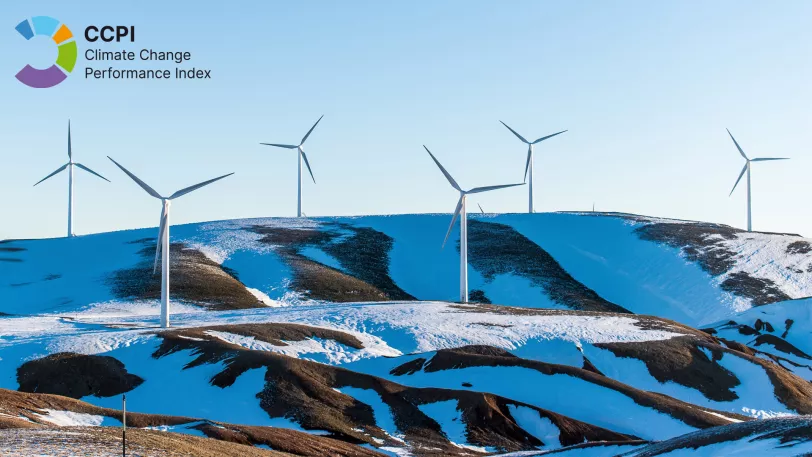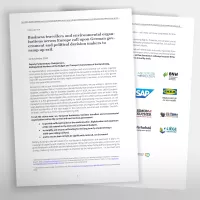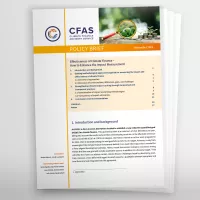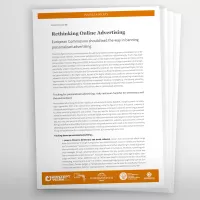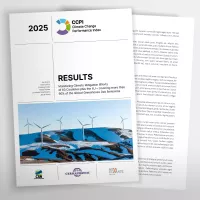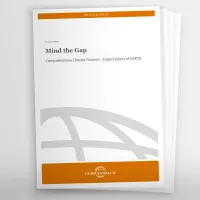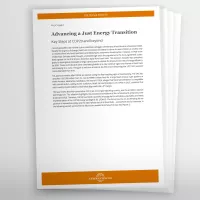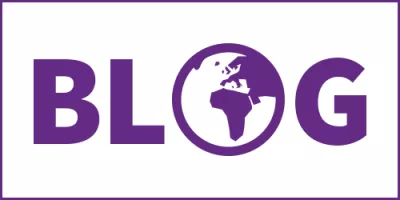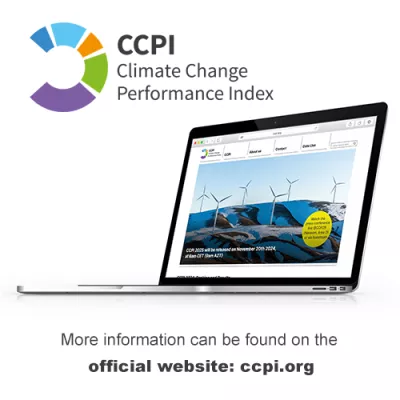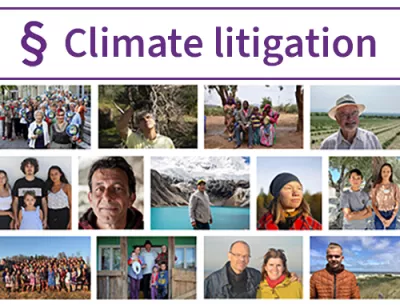Home
News
The German government must enable the expansion, modernisation, and renovation of Gemany's rail network with a strong budget in 2025. Read our open letter to Members of Parliament, signed by Germanwatch and influential industry voices, including SAP and IKEA retailer Ingka.
How can we ensure that financial commitments lead to transformative, measurable outcomes? This question comes into focus as the global community charts a path toward the New Collective Quantified Goal for climate finance beyond 2025. Our CFAS policy brief identifies these gaps and explores ways to improve impact measurement, including recommendations for COP29 to incorporate robust, transparent methodologies into the NCQG.
Financing digital services almost exclusively through personalised advertising poses considerable risks to democracy, social cohesion, informational self-determination, climate and national security. The new European Commission should take digital fairness seriously and push for a ban on personalised advertising to bolster alternative advertising models.
Renewable energy is making rapid progress in almost every high-emitting country. However, too many countries are still clinging to prolonging the fossil fuels business model, especially for gas. This is shown in the Climate Change Performance Index (CCPI 2025) published today by Germanwatch, NewClimate Institute,and CAN International. Each year, the CCPI assesses the progress made by the largest emitters worldwide in terms of emissions, renewables and climate policy.
Published annually since 2005, the Climate Change Performance Index (CCPI) is an independent monitoring tool that tracks the climate mitigation performance of 63 countries and the EU. It aims to enhance transparency in international climate politics and enables comparison of climate mitigation efforts and progress made by individual countries.
Floods, heatwaves, and record temperatures have seen the climate crisis reach a new peak in 2024. However, there have also been positive signs. The energy transition, for example, is gaining momentum across the world, forward-looking technology such as energy storage systems and heat pumps are becoming increasingly competitive, and the demand for coal, oil, and gas could soon fall. Nevertheless, political measures need to be implemented quickly to achieve the Paris Agreement goals. The policy paper answers the most important questions about the UN climate talks and makes clear what Germanwatch expects from the negotiations.
COP29 in Baku, Azerbaijan, offers a pivotal chance to build on the historic agreements made at COP28, where nations committed to transition away from fossil fuels, triple renewable energy capacity, and double the energy efficiency improvement rate. To drive a just and lasting energy transition, COP29 must send a powerful message for the ambitious, equitable, and timely implementation of the COP28 energy package. In this context, our briefing paper presents key actions for an ambitious energy outcome at COP29.
From heavy rainfall to rising sea levels, there is no doubt that the climate crisis is having a significant impact on global food security. At the same time, agriculture is contributing to climate change. Food systems will therefore also be discussed at COP29 in Azerbaijan. Germanwatch is calling for this issue to be prioritized and is following the negotiations on site. What should the international community achieve in Baku?
The path towards a fair and effective New Collective Quantified Goal (NCQG) for climate finance has been fraught with intense global debate: Who should contribute, and how should contributions be assessed, particularly government funding? These questions have brought to the fore principles of equity and the notion of ‘common but differentiated responsibilities and respective capabilities’ – core tenets of climate justice. With the stakes high, the NCQG’s structure will shape international climate finance and our collective response to the escalating climate crisis.l
In 2023, six multilateral development banks have reached their self-imposed deadlines for the alignment of their projects with the Paris Agreement. We have analysed 60 of their projects and present the somewhat sobering findings in our blog post – with recommendations for greater transparency.

